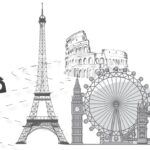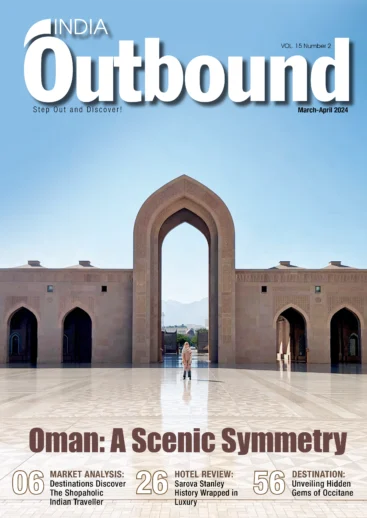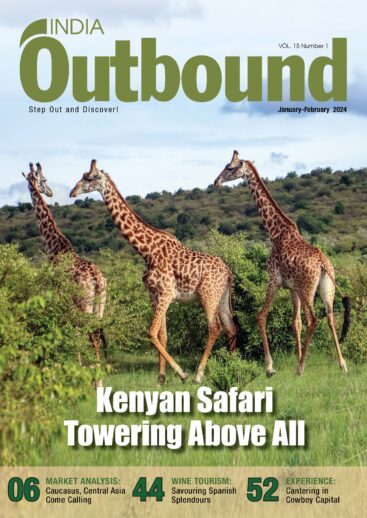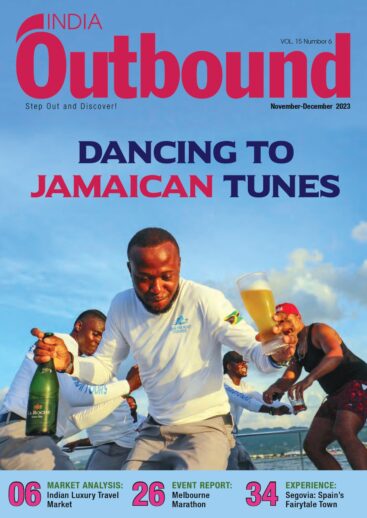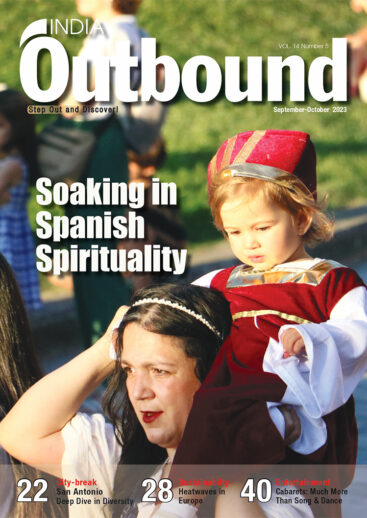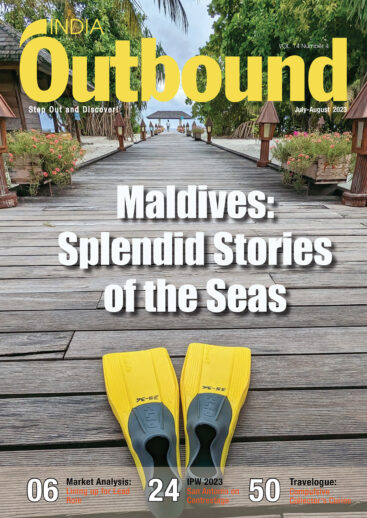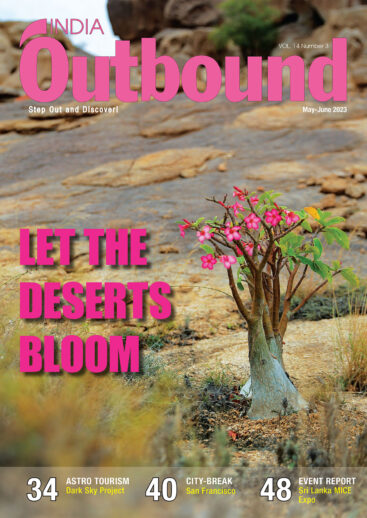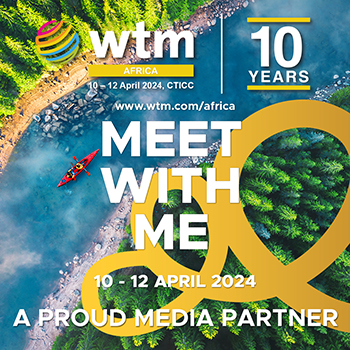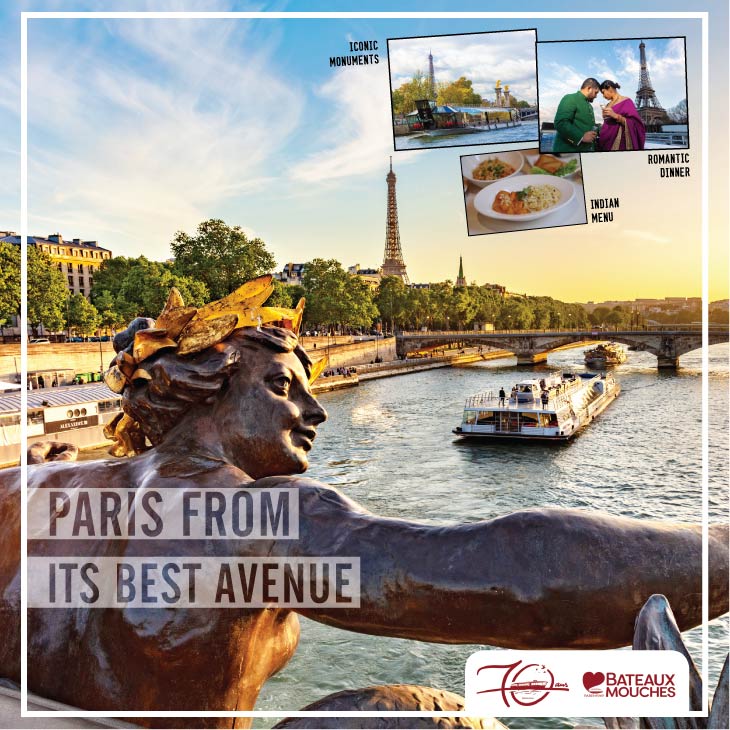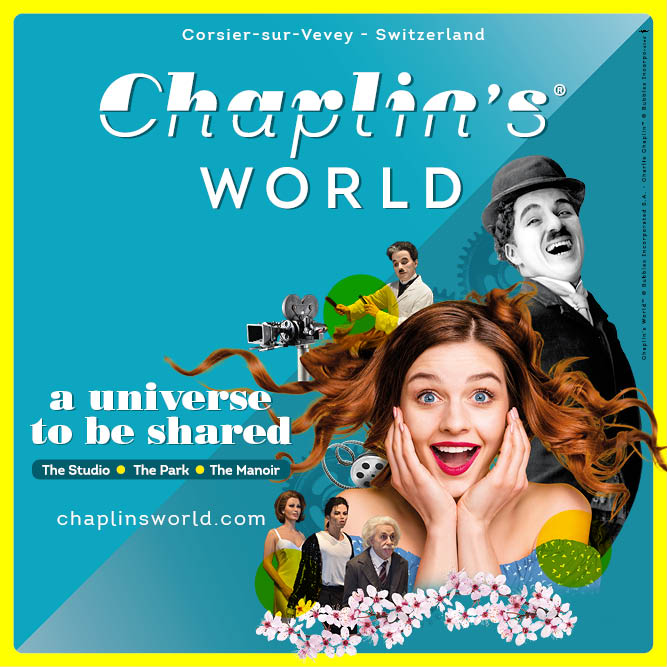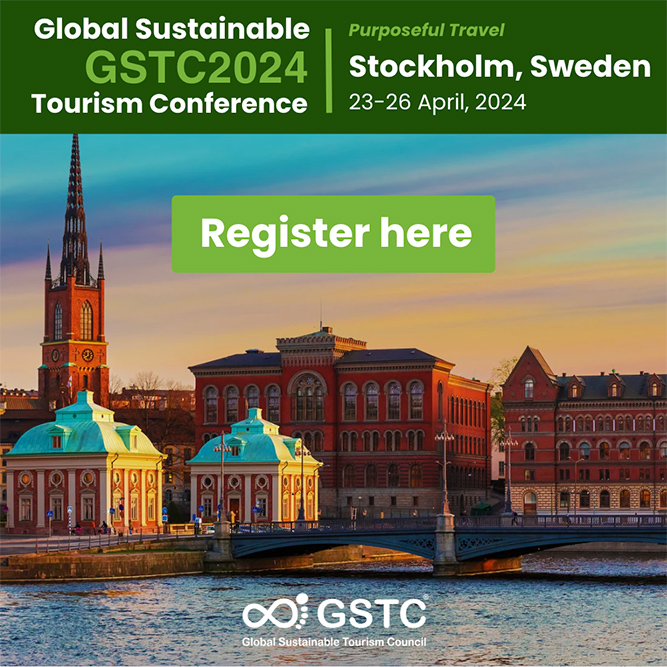
In 1974, four young men from Tamil Nadu, who pursued different professions but were united by their passion for cricket, which they all played remarkably well, decided to undertake a unique adventure
The glitter in his eyes, as he recounts the story, belies his 84 years. And that his memory is impeccable becomes evident the way he reels off one fact after another, with the efficiency of a master storyteller. Meet Professor T V Ramana…a mathematics wizard, a retired principal, a proficient cricketer and above all an explorer and adventure-seeker.
The story is set almost five decades ago. In 1974, four young men from Tamil Nadu, who pursued different professions but were united by their passion for cricket, which they all played remarkably well, decided to undertake a unique adventure. Go all the way from Chennai to London by road on scooters.
The story, as Ramana recounts today, could well have been written for a hit film, pretty much like Zindagi Na Milegi Dobara. Only, it packed in far more adventure and twists and turns than the film, proving that truth is indeed stranger than fiction.
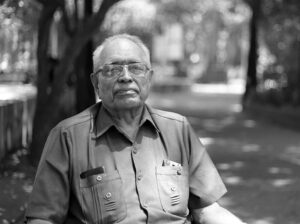
Professor T V Ramana
Its origins lie on the cricket ground of a college in Chennai, the Guru Nanak College, where Ramana was not only the mathematics professor, but also the mentor of a fledgling cricket team of the college, due to his immense passion for cricket, a sport he had played and played well enough to play in the Ranji Trophy for four consecutive years for Andhra Pradesh team.
When he joined the Chennai college, to keep his skills and passion for the sport alive, Ramana began playing league cricket matches of Tamil Nadu Cricket Association where he encountered a local cricket club, the Globe Trotters’ Sports Club.
Europe beckons
It was thanks to his cricketing that Ramana got the unique opportunity to embark upon an adventurous roadtrip, all the way to London. In 1974, he was asked by members of the Globe Trotters’ Sports Club if he wanted to go to Europe on the roadtrip that some of them were trying to undertake. “In 1973, four of them had tried to go to London on two scooters, but somehow they could not succeed and they had to come back. So, in 1974, they wanted to desperately make that trip, but at the last minute, one of them had to back out. So, when they asked me if I were interested, I jumped at the proposition as I would not have missed it for anything,” Ramana recounts.
But he put his condition – that he would ride one of the two scooters all the way – and the fourth person would have to be pillion rider with him, to which they readily accepted, perhaps because they had little time to find an alternative. So he joined R Chandrasekharan and his brother R Mohan, both employees of the State Bank of India, and K S Mani, secretary of the Globe Trotters’ Club on their adventure.
As the other three had been involved in the project for several months, a lot of preparatory work had already been done by the time Ramana joined the group. So he had to arrange for his own money to cover his costs for the trip, though some costs like the cost of scooters was being borne by sponsors, notably the Italian maker Lambretta which had offered two scooters free of cost for the trip.
When the scooters were given, Ramana says he insisted on taking them for a test drive. “During the test drive, we came to a low inclination bridge and the scooter could not even go on it, so I told them we cannot take these scooters as they don’t have any power. How will we cross mountains and go for thousands of km if we cannot cross a small bridge? So, we told Lambretta to take them back and said we would cancel the trip,’’ Ramana recounts.
“However, as a lot of publicity about the trip had been done, Lambretta got scared and they arranged for us to fly to the factory in Mumbai where they gave us brand new and powerful scooters. So, it was all set for the trip. And then our real troubles began,” he says.
The first problem that the bikers faced was that of a visa. They had obtained a visa for France and their plan was to go through India’s land borders, crossing into Pakistan, then Afghanistan, Iran and so on. But a nasty surprise awaited the adventurers in Mumbai as country after country refused to give them visa.
“From Pakistan onwards, many of the Muslim countries refused to give us a visa. We were intrigued, but then found out that as India had tested the nuclear device at Pokhran just days before on May 18, 1974, many countries, in show of support to Pakistan, were upset with India and bluntly refused to grant visa to us,’’ explains Ramana.
“The option to postpone or cancel the trip and return to Chennai was not something that even crossed our minds as it was too late in the day and a lot of money, time and goodwill had already been invested in the journey. So, we decided to go to Kuwait by a ship and from there we thought we could continue overland through Saudi Arabia,’’ he recalls.
Days later, when they arrived in Kuwait and applied for a visa to Saudi Arabia, they were refused here too, leaving them stranded and stuck for ideas on how to proceed further. The team waited for nine days in Kuwait, trying to find ways to begin their real journey.
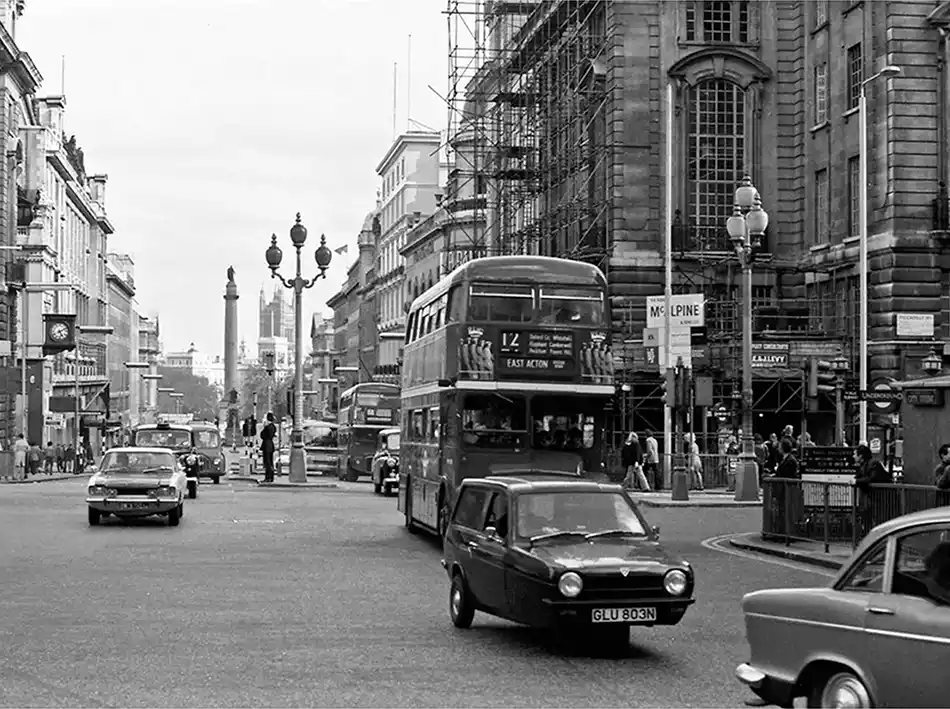
In all, the group covered 12 countries, stopping in over 20 cities, notably Venice, Munich, Rome, Paris and Geneva
Surprising saviour steps in
Then, all of a sudden, their fortune turned. Ramana recalls that one evening they were just gathered below a building in Kuwait City, trying to find a solution to their conundrum. “Suddenly, from the building a person looking like a managerial staff emerged. He had a similar physical bearing as us. He asked us if something had been the matter as he had been observing us from his office window and we looked desolate. So, I told him about our situation and that we did not want to go back without having completed the tour,’’ recounts Ramana.
“Without batting an eyelid, he looked at us and asked us to go into the building and upstairs, where we could spend the night in comfort and that the next day, we would be on our way to our destination,’’ Ramana says, as if recounting verbatim what had transpired between them that eventful evening.
And sure enough, the man delivered what he promised. Not only did the quartet spend a comfortable night, perhaps the most comfortable since they had left Chennai, but their road trip actually began the next day.
Only, it was a road trip with a difference. Next day, the two scooters and the four adventurers were put on board a Pakistan International Airlines aircraft that ferried them from Kuwait to Beirut and that too without charging them anything. “Fate has strange ways of working. We had been blocked by a number of Muslim nations who were expressing sympathy for Pakistan and it was a Pakistani and the national carrier of Pakistan that actually allowed us to really begin our journey,’’ says Ramana.
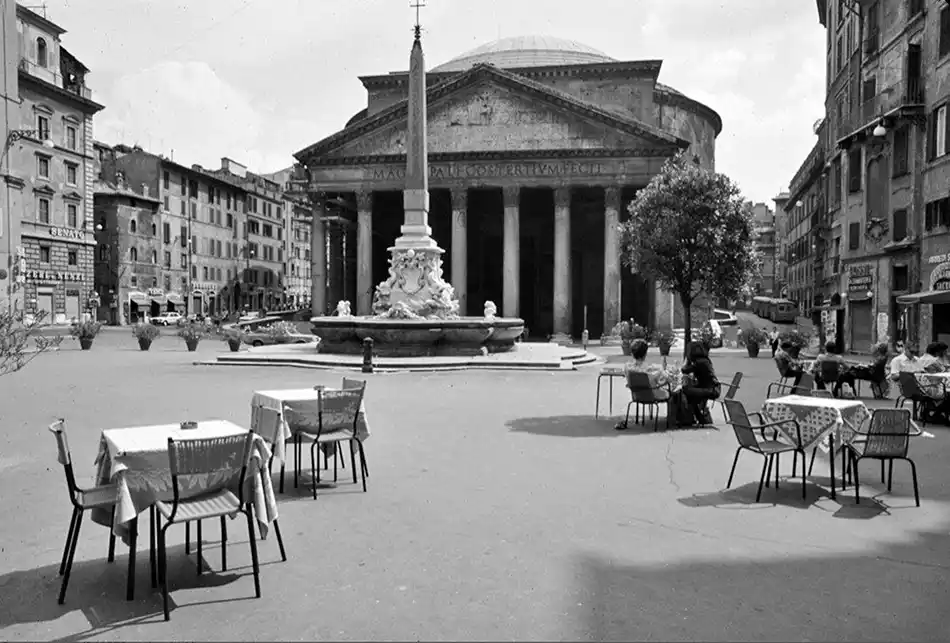
Though the trip was full of memories, for Ramana, the most unique memory about the trip was the interaction with people
Let the journey begin
They collected their scooters from the Beirut airport and began their driving odyssey, along the Mediterranean Coast. Crossing through Syria, their first destination was Ankara in Turkiye and from there on to Istanbul. But by the time they reached the former Constantinople, it was already over a month since they had left Chennai, so finances were getting a bit tight, due to unplanned delays in visas.
As four of them were vegetarians, food was another challenge and hence they jumped at every opportunity to grab an Indian meal. “When we were on our own, we relied only on fruits, yoghurt and biscuits since we were all vegetarians. So, when we did get an opportunity to have an Indian meal, we would polish it up. Like the lunch we had with the First Secretary of Indian Embassy in Turkiye. We finished off all his sambar (curry)!’’ he laughs.
From Turkiye, the group crossed over into Bulgaria and then onwards to Belgrade, the capital of then Yugoslavia. From Belgrade, their next destination was Austria and then descending south towards Italy where they visited multiple cities before heading back up north towards Switzerland and Germany and then onwards to France and the United Kingdom.
In all, the group covered 12 countries, stopping in over 20 cities, notably Venice, Munich, Rome, Paris and Geneva. Ramana says that in order to save money, they scouted for cheapest accommodations like bed and breakfast and at times were forced to spend the nights on the roads. “We were carrying sleeping bags. One night we slept on the lawns of Leaning Tower of Pisa,’’ he remembers.
But roughing it out on the roads was not the only challenge. Another big problem was the cold weather, especially in the nights and in the Alps mountains, which the group criss-crossed several times on the European tour. The steep climb and tough driving conditions of the Alps was another challenge that the group faced. “It was very tough while crossing the Austrian Alps. During night it was all foggy and we could barely see our hands. My friends wanted to return, but I refused to turn back and we all continued ahead,’’ says Ramana.
Though the group was safe almost all through the trip, they did have an accident in Munich, though a minor one. Ramana says it happened right after a brief halt by the group when they were enquiring about the address of the State Bank of India office in the city.
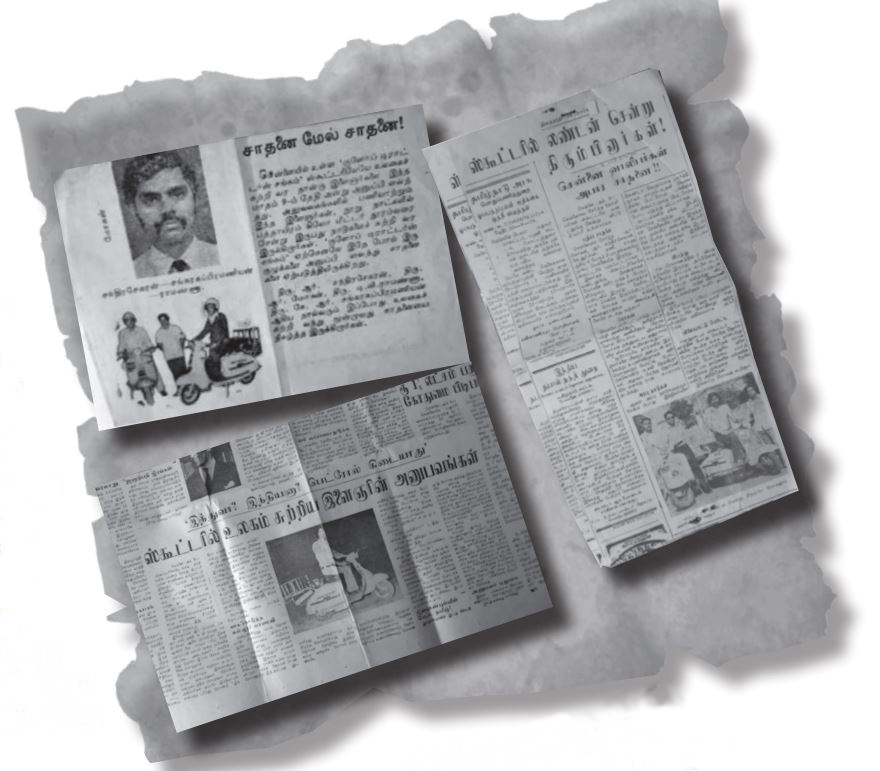
Of the 20 cities that they visited on the tour, Ramana’s favourite was London
“When we moved, I started off the scooter, without looking at the traffic coming from behind. So, a car, driven by a learner, hit my scooter and we fell down. Nothing much happened as both vehicles were going slowly. But the police came there immediately and they said that the car driver should have stopped for the scooter and asked me if I wanted to register a case against the person. But I refused. They asked us where we were headed and we told them. So they contacted the bank and with the police car as a pilot escort, we were taken to a 5-star hotel in Munich as guests of the SBI. We spent three days in luxury in Munich, without spending a penny,’’ chuckles Ramana.
But it was definitely not luxury everywhere. In fact luxury was an exception and most nights the group had to find a public place where they could spend the night without having to spend a lot on hotels. “While approaching Geneva, it was already late and we did not have a place to stay. Someone suggested that we could stay in the University. But, there was a deep valley in the midst of the Swiss Alps. I wanted us to explore the valley for spending the night, but as it was late, my friends resisted. Still, I insisted and when we went and found a beautiful hostel, so we spent the night there and in the morning while driving to Geneva, we had marvellous views of the Alpine peaks,’’ he remembers.
Yet another memorable incident took place the day they arrived in the United Kingdom. “On the day we reached the UK from the ferry across the English Channel, as we were going to London, a police car stopped us as the scooter was emitting too much smoke. We told the policewoman about our travel from India and she refused to believe us. So, we showed her our passports and the visas and only then she believed us, but also said that we cannot go on like this so she escorted us to a mechanic’s shop for servicing. After that we did not touch the scooters, all the time that we stayed in London,’’ says Ramana.
Of the 20 cities that they visited on the tour, Ramana’s favourite was London. “In my opinion London is the best city. We took a red pass for 7 days that we used for buses. I travelled to every nook and corner of London on foot, in the bus as well as in the underground. In many ways, London was the best because it seemed so familiar to me. I am a voracious reader and I think I knew London through the books,’’ he says.
Language was perhaps another reason behind Ramana’s choice as outside the United Kingdom, nowhere did the people speak English. To communicate the group carried dictionaries that helped them speak with the Europeans.
After London, the group wanted to return also by road. But as they had already spent over three months, they flew from London to Mumbai, while the scooters were sent by ship. Ramana says that despite the arduous journey, the scooters worked very well and he did keep one of them with him for decades as it was in good working condition.
Though the trip was full of memories, literally at every step and every day, for Ramana, the most unique memory about the trip was the interaction with people, whom he found to be very helpful and the generosity and help that they received from the most unexpected quarters and often when the situation was desperate. And it helped him grow as a person, he says.
‘‘The three months of the trip changed me as a person and taught me how to be a good human being. That is the only way you can survive in this world. Be good to others and you will be taken care of,” he says.
“Travel is in my blood. I have travelled all my life even if it was for personal reasons. If I ever get a chance I would want to go on such a trip again as I am an adventurer at heart,’’ says Ramana, looking at a distance, as if trying to see the European Alps, London’s streets and Kuwait’s deserts through the eye of his mind.








